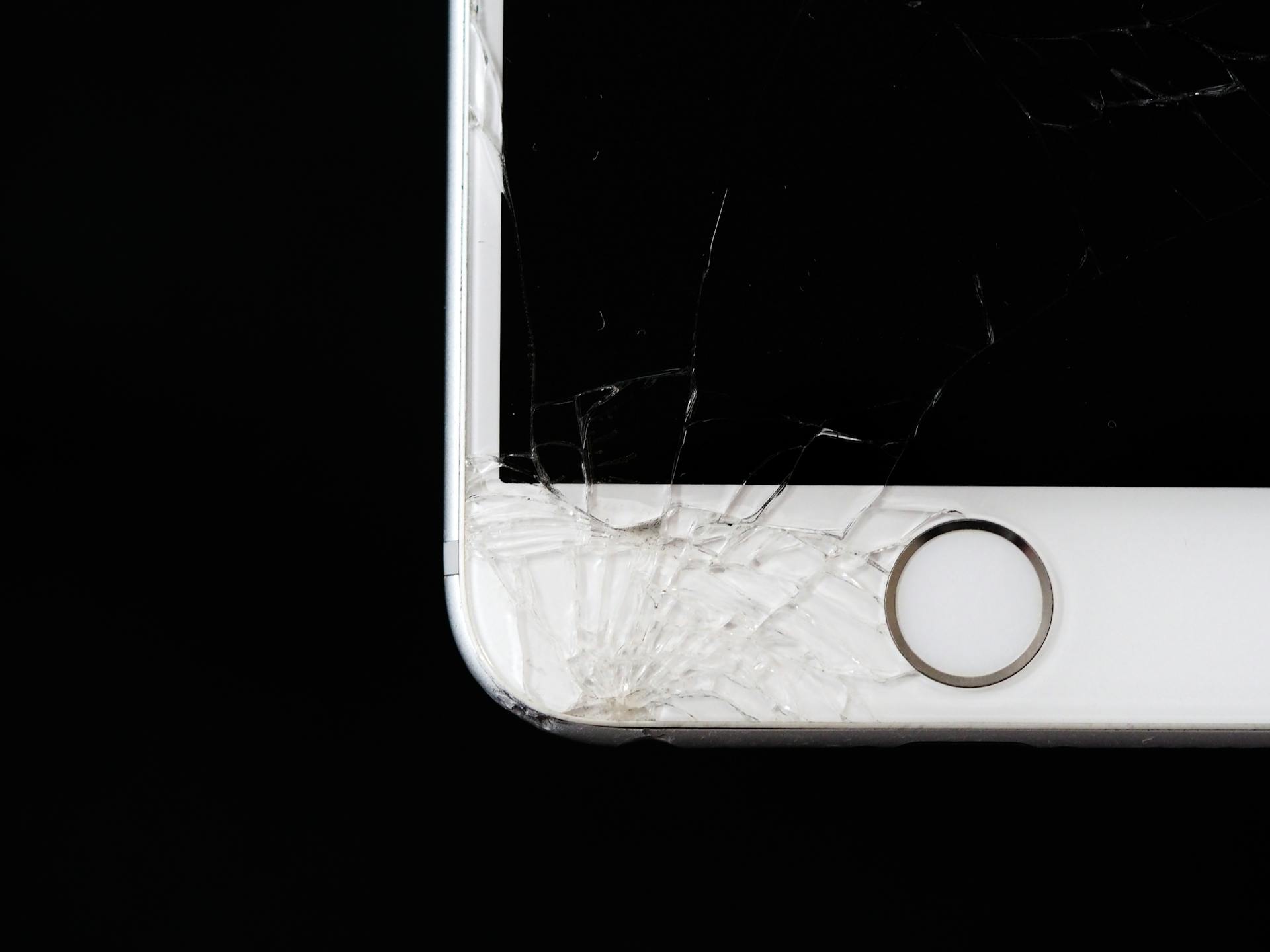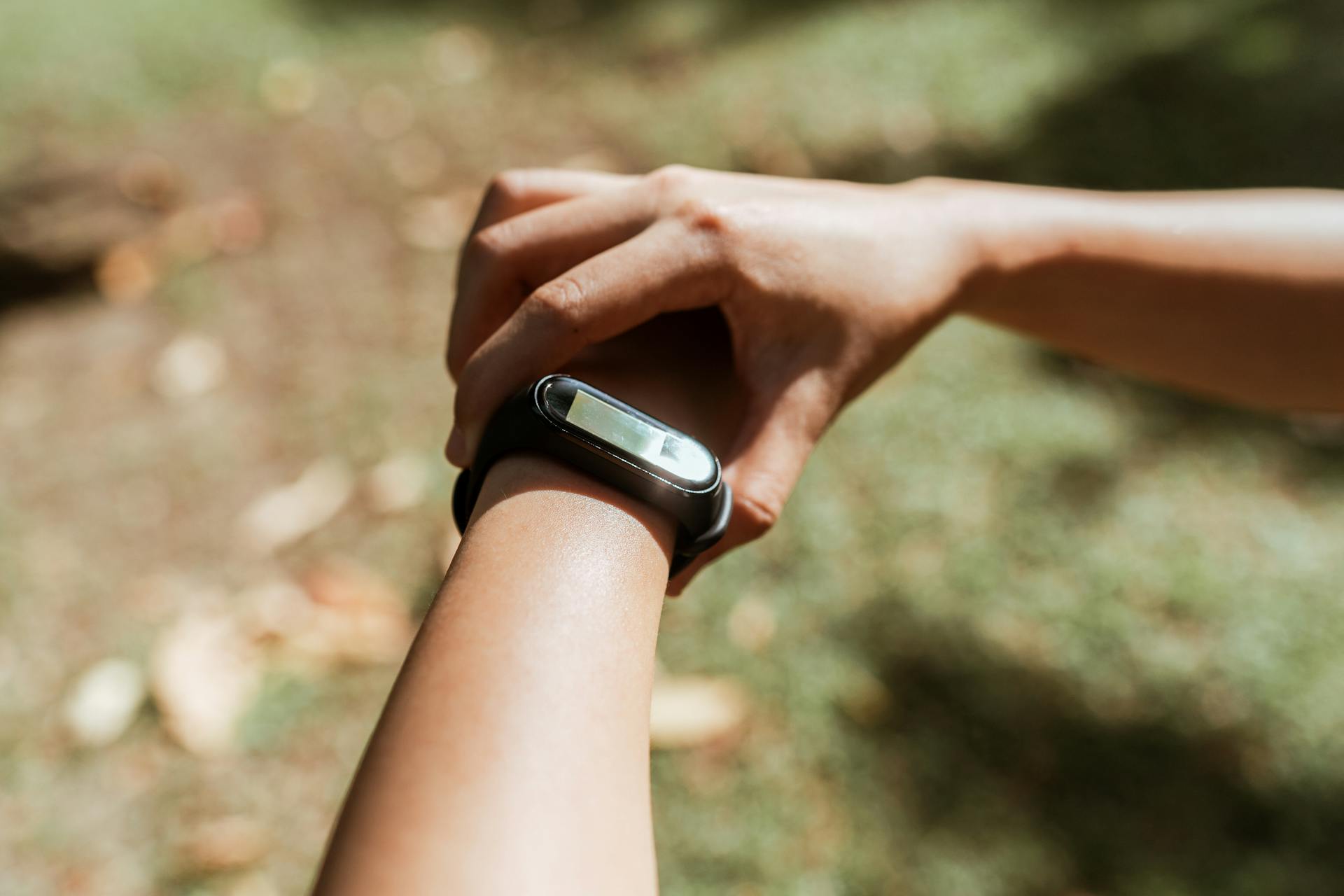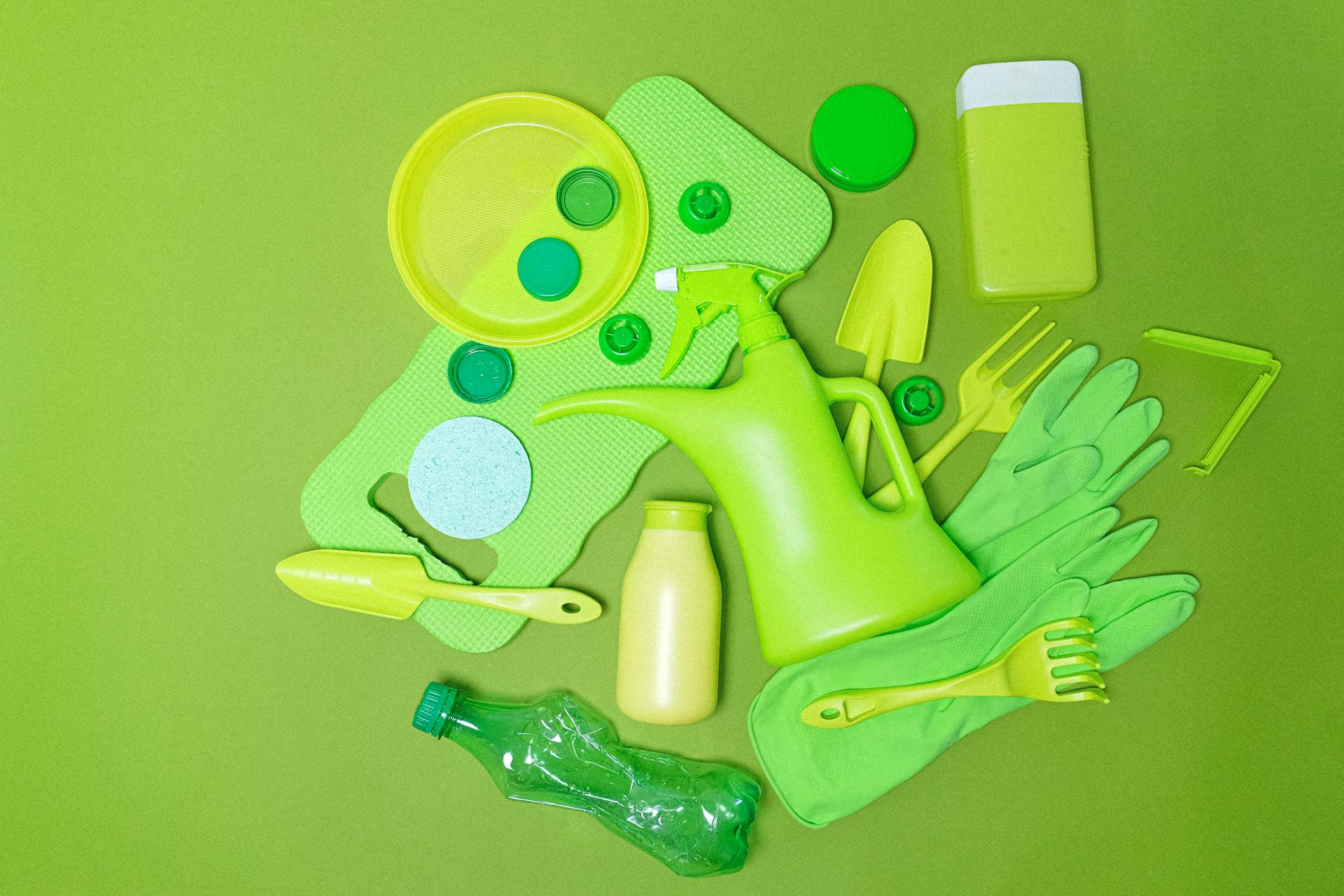
In today's world, cell phones have become an essential part of our daily lives. They help us stay connected, access information, and even capture precious memories. However, when these electronic devices break down or become outdated, it's important to know how to dispose of broken cell phones properly. Improper cell phone disposal impacts not only the environment but also human health.
Cell phone disposal has become a global issue in recent years due to the increasing amount of electronic waste or e-waste produced worldwide. According to Ado lets, an organization dedicated to promoting sustainable development, improper cell phone disposal can lead to toxic substances contaminating soil and water sources, posing risks to human health and the environment. In this article, we will explore different ways to recycle e-waste properly and provide you with tips on how to dispose of broken cell phones safely.
If you've been looking for ways to get rid of your old or broken cell phones without harming the environment or risking your health, this article is for you! Read on for more related articles about the importance of proper e-waste disposal and learn how you can make a difference by taking small steps towards responsible cell phone disposal.
Cell Phone Disposal: What To Do With Old, Broken cell phones
Properly disposing of a broken cell phone is important for both safety and environmental reasons. Simply tossing a broken cell phone in the trash can lead to harmful chemicals leaking into the soil and water systems. Instead, consider responsible cell phone disposal methods such as recycling or secondary market trade.
Many charitable organizations also accept broken cell phones as donations, which they then refurbish or recycle for parts. Not only does this help the environment, but it also provides those in need with access to technology they may not have been able to afford otherwise. So, before you toss that old phone in the trash, consider donating it to a charitable organization or properly disposing of it through recycling or secondary market trade.
A different take: Are Trash Bags Recyclable
Vital Information to Keep in Mind

When it comes to disposing of your broken cell phone, there are a few vital pieces of information that you should keep in mind. Firstly, before getting rid of your device, make sure to perform a factory reset to erase all personal data. This is essential to protect your privacy and prevent any potential data breaches.
Secondly, it's important to consider the impact that smartphones have on the environment. Instead of tossing your old phone in the trash, electronics recycling programs offer sustainable ways to dispose of them. These programs ensure that valuable materials can be extracted and reused while minimizing harm to the environment.
Lastly, don't forget about the potential financial benefits of properly disposing of your old smartphone. Many companies offer trade-in or buyback programs for old devices that are still functional. So not only can you feel good about doing something positive for the environment, but you may also be able to put some extra cash back into your pocket by responsibly disposing of your old cell phone.
1. Protecting Your Privacy
When disposing of broken cell phones, it's important to take precautions to protect your personal information. The first step is to wipe the phone clean of any sensitive data. A factory reset or hard reset will typically remove all phone numbers, addresses, account numbers, passwords, voicemails, text messages and other personal information. Check the reset section on your device manufacturer website if you have trouble finding the factory restore option in your phone's settings menu. You can also contact your mobile phone provider for help with resetting your phone to factory conditions.
The next step is to remove any SD or SIM cards that may hold information such as phone numbers, photos or other sensitive data. SIM cards are typically located underneath a small compartment known as the SIM card pocket. External SD cards may be removed depending on whether the device fits specific card specifications. Changing numbers or destroying old cards is recommended for better privacy protection.
Before disposing of a broken cell phone, it’s important to check one last time for personal information that may still be present on the device. This includes checking the time prior to resetting the phone book, text messages, folders downloads pictures music and search history. Lastly, call your cellular provider for assistance with effectively removing all service from your SIM card either by calling customer service directly or through an online account where you can make arrangements so that no one else will find and use it again in order to keep yourself protected from potential identity theft crimes!
2. Selling & Trading In
When it comes to disposing of broken cell phones, there are a few options available. Firstly, you can attempt a repair using a cell phone repair kit, which provides the tools needed and instructions for fixing cracked screens, broken headphone jacks, and loose buttons. The success of the repair varies depending on the device prior to the damage and the skill level of the individual attempting the fix. These kits can be found at home hardware stores or big-box stores.
Another option is to sell your phone on an online marketplace like eBay, Amazon, Swappa, or Craigslist. To get a fair price, provide pictures and relevant information such as the electronic serial number (ESN) or international mobile equipment indicator (IMEI) number, service compatibility, and storage capacity. IMEI numbers are typically found on a sticker located underneath the battery or in the options menu.
Lastly, you can trade in your phone at a cell phone shop or visit local electronics/cell phone repair stores. Purchase payouts range depending on the condition of your phone. For those who prefer online marketplaces instead of visiting independent shops or calling up large companies for trade-in offers, they could explore their options by searching around online before deciding what works best for them!
3. Recycling & Donating
1. Recycling your broken cell phones is crucial for the environment, as they are considered hazardous waste and should not be thrown away with regular trash. In the United States, TIA E-Cycling Central is a great resource for finding local drop-off locations, as well as locally sponsored events organized by the state. You can also check with your cell phone service provider or electronics retailer such as Circuit City to see if they sponsor local electronics recycling events.
2. Another option is to send your broken cell phones through the manufacturer's recycling program. Many companies such as Samsung and Motorola have voluntarily implemented recycling programs and offer free shipping or postage-paid recycling envelopes for their customers. However, options vary depending on location, so it's important to check with customer support or manufacturers partner websites for battery recycling services.
3. If you want to give back to your community while disposing of your broken cell phones, consider donating them instead. Tax time can be a great opportunity to start your search for local charities that accept donations of emergency cell phones or inactive devices that can still make a 911 emergency call. Some organizations like local recreation centers and senior organizations will also accept cell phone donations that will benefit developing countries or other favorite organizations you may want to support through a 501c3 public charity donation.
Discover How to Make a Difference with E-Waste
Making a difference with e-waste is super important, especially when it comes to disposing of broken cell phones. It's not just about throwing them in the trash, as they contain hazardous materials like cadmium, chromium, brominated flame retardants, lead and other toxic substances that can harm the environment if released improperly. Instead, consider recycling your old cell phones at specialized e-waste centers that ensure they are disposed of properly using nice gentle biodegradable non-toxic materials that aren't made from hazardous substances. This is especially important in the developed world where we generate so much e-waste each year.
1. Is There A Law Against Throwing Away cell phones?
There is no specific law against throwing away cell phones, but many countries have passed laws to prevent people from improperly disposing of e-waste, including cell phones. In Canada, some provinces prohibit the disposal of hazardous waste including e-waste. To responsibly dispose of broken cell phones, individuals can look into developing industry-led programs or contact organizations such as E-Waste Canada.
The global e-waste problem stands at tonnes of electronic waste each year, with much of it ending up in developing countries where conditions are putting some of the world's poorest workers at risk. The United Nations has called for laws requiring member states to collect e-waste and has also recommended laws banning hazardous waste including e-waste. It is important for individuals to be aware of the impact their actions have on the environment and take steps to properly dispose of their electronics.
The Benefits Of Recycling Broken Phones And Proper Cell Phone Disposal:

When it comes to disposing of broken cell phones, recycling is the way to go. By doing so, you are not only keeping reusable materials out of landfills but also saving energy and reducing greenhouse gas emissions. Recycling cell phones helps in decreasing the demand for new materials like metals and minerals processing.
Keeping toxic material out of the environment is another critical aspect of proper cell phone disposal. Phones contain hazardous substances like lead and mercury that can cause significant damage to soil, water sources, and wildlife if not disposed of correctly. Recycling these devices keeps these toxins from leaching into our environment.
Additionally, recycling broken phones helps reduce global e-waste by preventing them from ending up in landfills, which can take centuries to decompose fully. By recycling electronic waste, we can limit the amount of trash we produce and preserve natural resources for future generations. So, next time your phone breaks or becomes outdated consider properly disposing or even better recycle it!
The Environmental Effects of Incorrect Cell Phone Disposal

Improperly disposed cell phones can have harmful effects on both animals and humans. The toxins released during the breakdown of electronic devices include heavy metals such as lead and mercury, which can lead to health issues such as brain damage and muscular disorders. It is important to dispose of broken cell phones properly to prevent these toxins from polluting our environment and harming living creatures.
1. Incineration Air Pollution
Incineration is a popular method of disposing of electronic waste, including broken cell phones. However, this method can release harmful toxins into the air, especially if the electronic waste wasn't sorted properly beforehand. The recycling process to reclaim valuable metals can also release dioxins, which are highly toxic and can cause serious health problems.
It's important to dispose of electronic waste responsibly by using qualified recyclers who use safe and environmentally friendly methods. Recycling electronic waste not only helps prevent pollution but also conserves natural resources such as precious metals. By avoiding incineration or illegal recycling processes, we can help ensure that our planet stays healthy for generations to come.
Frequently Asked Questions
What you should do with old cell phones?
You can recycle or donate your old cell phones to reduce e-waste and help others in need. Some retailers and charities accept used phones, or you can sell them online or trade them in for a discount on a new phone.
How to get cash from old cell phones?
You can get cash from old cell phones by selling them to online marketplaces or phone recycling companies. These companies will evaluate the phone's condition and offer a price for it based on its value.
How to recover a cell phone dropped in water?
To recover a cell phone dropped in water, immediately turn it off, remove the battery and SIM card, dry it with a towel or cloth, and place it in a bowl of uncooked rice for at least 24 hours to absorb moisture.
Where can I recycle electronics?
You can recycle electronics at designated drop-off locations such as retailers or through e-waste recycling programs offered by your local government. Check with your city or county's waste management department for more information.
What to do with your old cellphones?
You can sell, donate, recycle or trade-in your old cellphones to help the environment and earn some extra cash.
Featured Images: pexels.com


